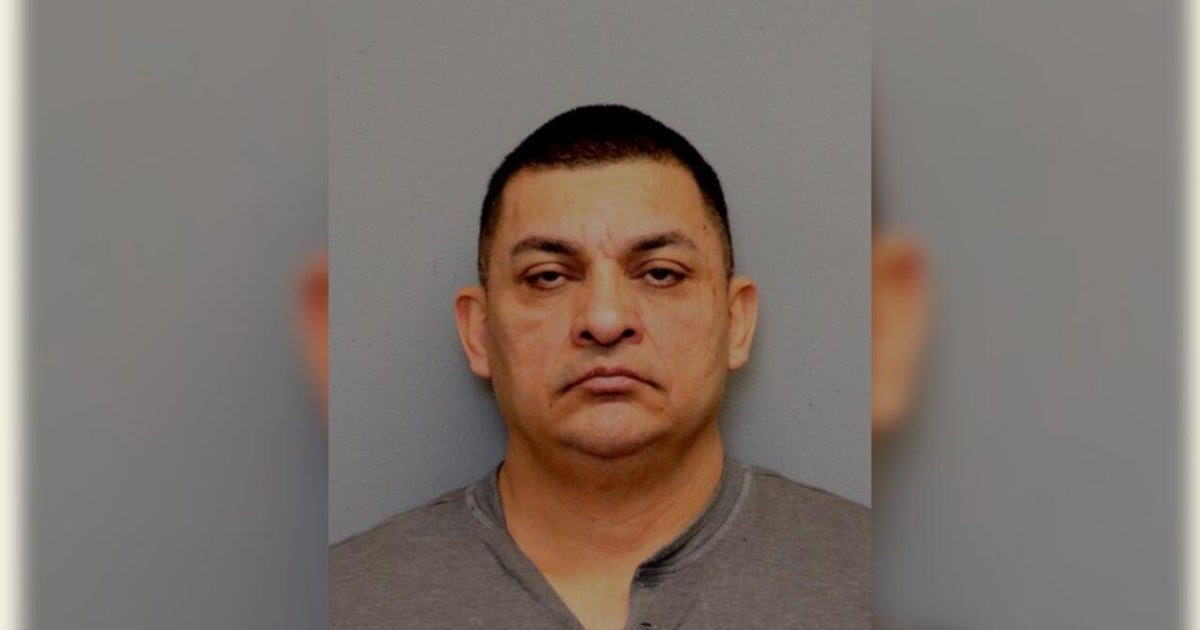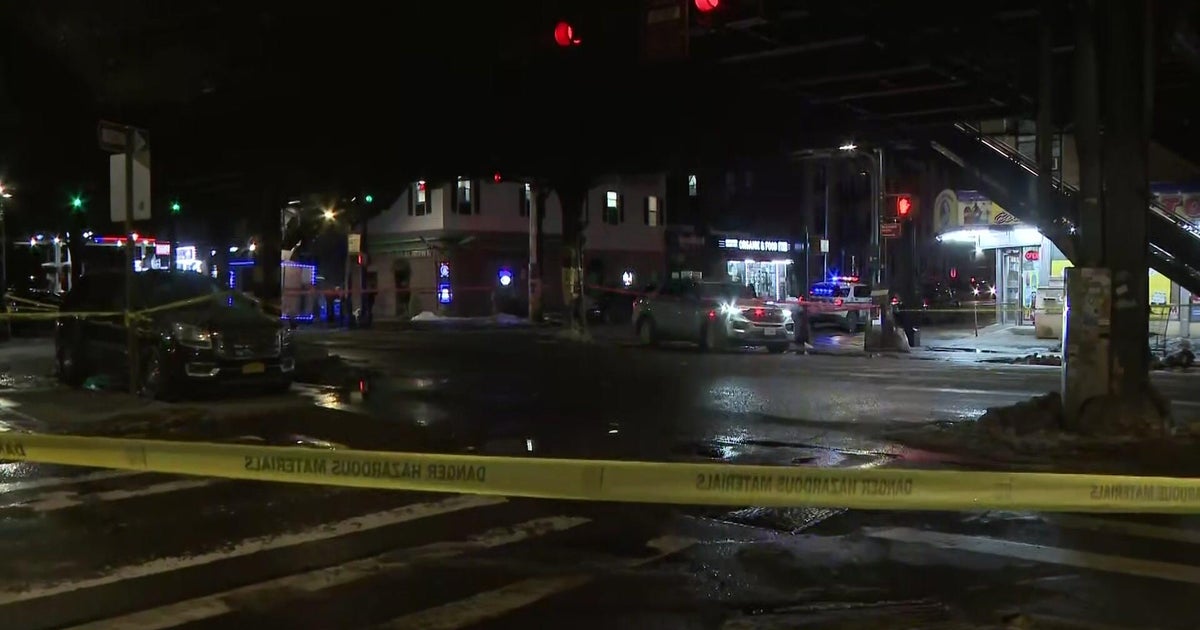Panel On Mentally Ill Gun Access Releases Report
ANNAPOLIS, Md. (AP) -- Gun should be taken away from anyone who is found by a licensed health care provider, educator or police to be a threat, a panel studying firearms access by the mentally ill recommended Wednesday.
The report is being made public just as Maryland lawmakers are expected to take up gun control proposals in a legislative session that begins next week.
Gov. Martin O'Malley and lawmakers have been discussing plans for measures to address gun violence in the aftermath of the massacre last month at a Connecticut elementary school. The Task Force to Study Access of Mentally Ill Individuals to Regulated Firearms, however, was created last year and first met in August.
"While we believe that the recommendations contained in this report are an important step, we recognize that more work needs to be done to increase our understanding of the connection between mental illness, substance abuse and violence," Patrick Dooley, chief of staff for the state health department, and Capt. Jack McCauley, commander of the licensing division of the state police, wrote as co-chairs of the task force.
Under the recommendations, a law enforcement officer would have to provide a written statement to the appropriate court to outline reasons for believing a person is dangerous, according to the recommendations. Then, a judge would have to review the statement within 14 days and determine if the confiscation is justified. The judge could order the firearms confiscated for up to six months pending a hearing.
If the judge determines the firearms should remain confiscated, the person's name would be included on a registry of people prohibited from possessing, buying or attempting to purchase a firearm. Otherwise, the firearms would be immediately returned.
The task force also is recommending action be taken to prevent a person from buying firearms if a substantiated threat is found in the case of someone who does not have immediate access to them. A law enforcement officer would have to send a written statement to the appropriate court and the Maryland State Police Firearms Enforcement Section. A judge also would have to review that statement within 14 days.
The recommendations noted that state law does not currently require reporting of threats to law enforcement. The task force is recommending that mandated reporting should apply to psychiatrists, psychologists, physicians and social workers. The report also said it should apply to addiction treatment counselors, educators, case managers and probation agents.
The panel also is recommending that law enforcement officers should receive greater training about how to recognize and interact with individuals with mental illness and encouraged local jurisdictions to create crisis intervention teams to prepare for emergencies related to mentally ill individuals.
(Copyright 2013 by The Associated Press. All Rights Reserved.)







